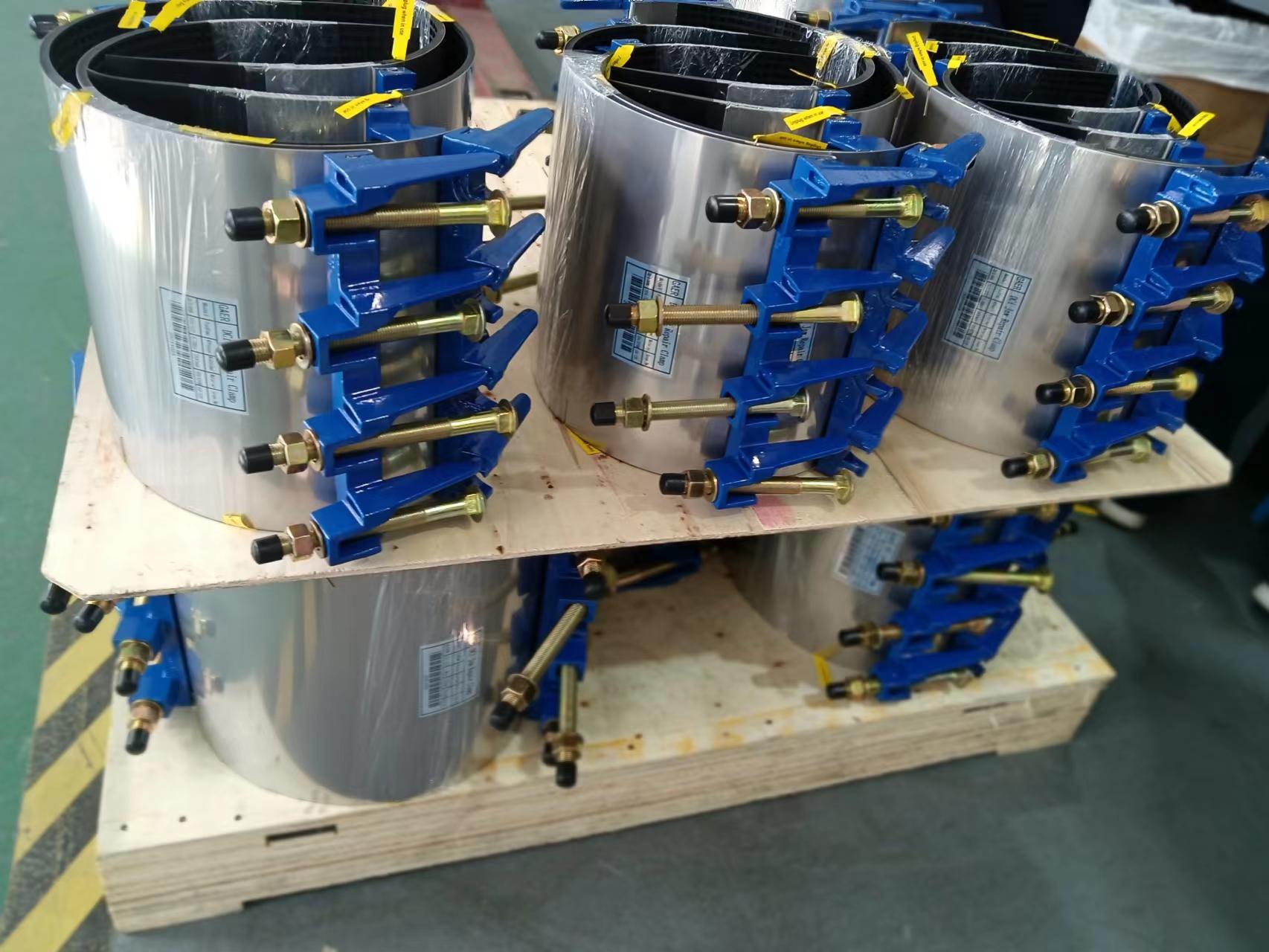frp grill
Exploring the Benefits and Versatility of FRP Grills
In recent years, the use of Fiber Reinforced Plastic (FRP) grills has gained significant attention in various industries. FRP grills are composite materials that offer superior strength and durability while being lightweight and corrosion-resistant. These attributes make them an ideal choice for many applications, ranging from infrastructure to outdoor equipment. This article delves into the benefits and versatility of FRP grills, highlighting why they have become a preferred material in modern engineering and design.
Understanding FRP Material
Fiber Reinforced Plastic is created by combining a polymer matrix with reinforcing fibers, typically glass or carbon. This combination results in a material that boasts exceptional mechanical properties, such as high tensile strength and resistance to environmental factors. FRP grills are particularly advantageous in settings where traditional materials like metal or wood may fail due to corrosion, weather, or wear.
Benefits of FRP Grills
1. Corrosion Resistance One of the most significant advantages of FRP grills is their resistance to corrosion. Unlike metal, which can rust over time when exposed to moisture, FRP does not degrade in harsh environments. This makes it an ideal choice for applications in chemical plants, wastewater treatment facilities, and coastal areas where saltwater exposure is a concern.
2. Lightweight and Strong FRP grills are considerably lighter than their metal counterparts, making them easier to handle and install. Despite their lightweight nature, they maintain high strength levels, allowing for the construction of sturdy structures without the added burden of weight.
3. Low Maintenance The inherent properties of FRP grills mean they require very little maintenance. Unlike wood, which can warp, split, or rot, or metal that may need periodic painting or treatment, FRP remains stable and retains its appearance for an extended period. This quality not only saves on maintenance costs but also enhances safety, as there is less need for frequent inspections and repairs.
frp grill

4. Customization FRP grills are highly customizable, allowing for various designs, sizes, and colors to meet specific project requirements. This versatility makes them popular in architectural applications where aesthetics are essential. Whether in bridges, platforms, or walkways, FRP grills can be tailored to compliment any design.
5. Non-Conductive For applications in electrical environments or areas where safety is a concern, FRP grills offer the advantage of being non-conductive. This property helps to reduce the risk of electrical hazards for workers and equipment alike.
Applications of FRP Grills
FRP grills are utilized across various sectors, including
- Industrial Used in chemical processing industries for platforms, walkways, and grating. - Construction Employed in flooring systems and as façade elements, enhancing architectural designs. - Transportation Applied in bridge decking and pedestrian walkways, where weight reduction is crucial. - Waste Management Ideal for use in treatment plants and landfills due to their durability and resistance to harsh chemicals. - Marine Adopted in boat manufacturing and docks, given their resistance to water and marine growth.
Conclusion
The growing popularity of FRP grills is indicative of their numerous advantages and adaptability across diverse sectors. Their unique properties, such as corrosion resistance, low maintenance, and customization options, make them an ideal choice for modern applications. As industries continue to seek materials that deliver both performance and aesthetic appeal, FRP grills are poised to become increasingly prevalent in future design and construction projects. By embracing innovative materials like FRP, companies can ensure the longevity and safety of their structures while meeting the demands of a rapidly evolving market.
-
The Smarter Choice for Pedestrian AreasNewsJun.30,2025
-
The Gold Standard in Round Drain CoversNewsJun.30,2025
-
The Gold Standard in Manhole Cover SystemsNewsJun.30,2025
-
Superior Drainage Solutions with Premium Gully GratesNewsJun.30,2025
-
Superior Drainage Solutions for Global InfrastructureNewsJun.30,2025
-
Square Manhole Solutions for Modern InfrastructureNewsJun.30,2025
-
Premium Manhole Covers for Modern InfrastructureNewsJun.30,2025
